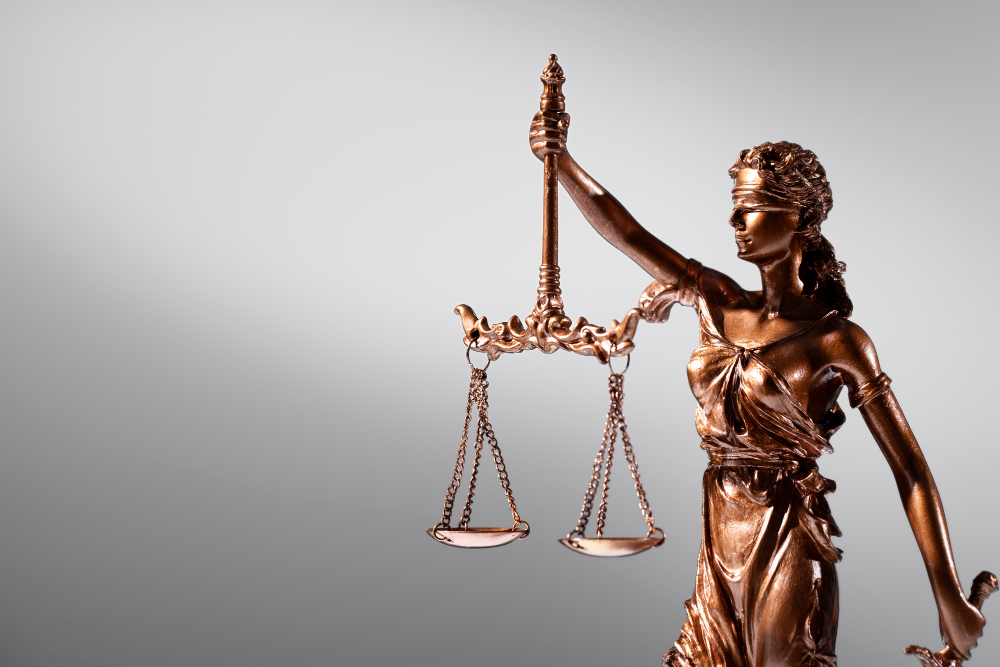The accusation of sexual assault is a serious matter with deep legal, social, and personal implications. Because these charges have far-reaching consequences, they must be treated with the utmost seriousness. Individuals who have been accused have the right to be considered as innocent under the law unless proven to be guilty beyond a shadow of doubt. It is the defence lawyer’s duty to critically scrutinize the prosecution’s case while working to develop defences to sexual assault allegations, uphold the accused’s rights, and dispense justice.
One of the most fundamental and frequently argued Key Defences Used by Lawyers in Sexual Assault Cases is that of consent. In Canadian law, consent is the voluntary agreement of the complainant to engage in the sexual activity. It must be enthusiastic, freely given, and must be capable of being withdrawn at any time throughout a sexual encounter. The prosecution has to prove beyond a reasonable doubt that in fact there was no consent. A defence lawyer will rigorously examine the entirety of the available evidence to find arguments that the accused may have truly believed consent was present, or that the complainant’s conduct, by way of words or actions, gave a reasonable basis to infer that consent existed. This can include looking at communications between the parties, witness testimony, and the particular circumstances surrounding the alleged offence. However, it is important to bear in mind that the law makes certain determinations as to what qualifies as consent; for instance, one cannot consent if unconscious, if intoxicated to the extent of being incapacitated, or if under some form of coercion.
Beyond consent, the other major line of defence is to attack the credibility of the evidence as well as its reliability. The defence lawyer goes over every inch of disclosure the Crown puts before them: the police reports, the witness statements, all forensic evidence, and electronic communications. Contradictions in the complainant’s statements, delays in reporting, and a dearth of corroborative proof could be all reasons for discredit. They may go on to challenge the evidence gathering methods applied by the police, perhaps violations of Charter rights during the arrest or interview of the accused or questioning the chain of custody of physical evidence, DNA evidence for instance. If the evidence was gathered or handled improperly, an application for exclusion of evidence can be made by the defence, thus practically destroying the prosecution’s case.
Alibi and mistaken identity are powerful defences. An alibi, if believed by the court, will shed significant doubt on the assertion of the prosecution if the accused can satisfy the court with credible proof that he or she was in another place at the time of the alleged assault. This witness testimony, surveillance footage, electronic data (e.g., telephone records or GPS), or receipts may be given as evidence. In the event that the accused was previously unknown to the complainant, counsel might argue the defence of mistaken identity. This may arise from sorely flawed eyewitness identification procedures, scarcely sufficient lighting, or just about the outright unreliability of memory while under stressful conditions. To bolster this defence, expert testimony on eyewitness identification may sometimes be introduced.
Less frequently, another course of defence would be to assert that the allegation is false. This does not imply that most allegations are false; rather, it accepts that in rare instances allegations may be introduced by way of fabrication for a multitude of reasons for instance, revenge, attention-seeking, or as a way of gaining advantage somewhere else in legal matters such as a separate child-custody dispute. Proving a false allegation is exceedingly difficult and requires incontrovertible evidence that will directly contradict the complainant’s version of events or demonstrate a clear motive for fabrication. Defence counsel handle such an approach with utmost sensitivity.
Ultimately, the skills of an experienced criminal defence lawyer will be necessary to navigate the complexities surrounding a sexual assault charge. They are equipped to identify the most viable defences against sexual assault based on the specific facts of each case, from meticulously dissecting evidence and presenting arguments around consent to challenging identification or raising concerns about procedural fairness. Ultimately, they make sure that the accused has a fair trial and justice is served irrespective of the gravity of the allegations.

